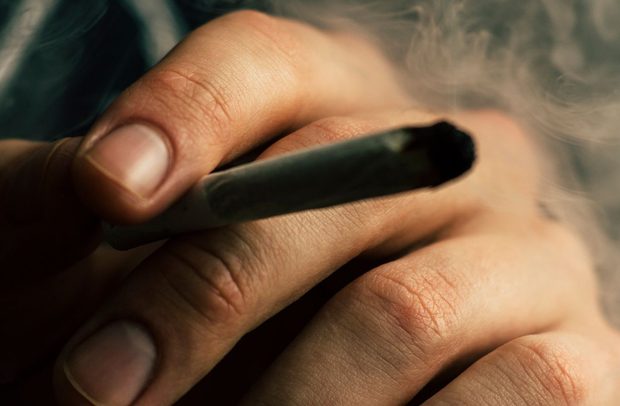A DAY’s sensitisation workshop has been held for judges and magistrates from the three regions of Bono, Bono East and Ahafo in Sunyani to equip them with the new Narcotic Control Commission, Act 2020, Act 1019, which provides alternatives for prison sentences for offenders of drug possession and use, especially of Indian hemp.
The event, organised by Perfector of Sentiments Foundation (POS Foundation), Judicial Training Institute and Open Society Initiative for West Africa (OSIWA.), brought together participants such as regional police and prison commanders, and past and present director generals of the Narcotic Control Commission.
Justice Tanko Amadu of the Supreme Court, who is also the Director of Judicial Training Institute, Kenneth Adu-Amanfeh, the Director General of the Narcotics Control Commission, and the former boss of NACOB, Akrasi Sarpong including the Executive Director of POS Foundation, Jonathan Osei Owusu all took part in the training. His Lordship Justice Patrick Baiye, the Supervising High Court judge for Bono and Ahafo regions chaired the training workshop.
Addressing the participants, the Executive Director of POS Foundation, Jonathan Osei Owusu noted the need to sensitise members of the judiciary on the new law and its implementation.
According to him, the new drug law, Act 2020 (Act 1019), seeks to treat drug use, possession and dependence as a public health and safety issue rather than law enforcement, incarceration, punishment and repression.
Instead of the old law, PNDC Law 236 giving prison sentence of 10 years for possession and use of minor narcotic drugs, the new law has converted the prison term for possession and personal use into a fine between 200 -500 penalty units representing GH¢2,400 and GH¢6,000.
Trial courts now have alternatives to custodial sentences, unlike what pertained under the old regime. The new law represents an important example for drug policy reform advocacy in West Africa, and lot of countries such as Kenya and Nigeria are using pretrial to reduce intake in the prisons.
Mr. Osei Owusu said the need to amend the law stemmed from the fact that drug policies and enforcement have rather harmed many more than reforms looking at the increasing spate of drugs use and trafficking over the years despite the punitive punishment. This training workshop is to equip judges and magistrates to effectively handle offences under the new act looking at the health aspects of abusers and refer them to rehabilitation centres or fines.
On his part, the Director General of the Narcotics Control Commission, Kenneth Adu- Amanfeh said drug use is to be seen as a public health issue rather than crime, stressing that the law is going to promote public health and safety.
“It has come as relief for judges and magistrates to focus on human rights and public health safety. People with minor use and dependence rather need help but not to find themselves in the prisons. The courts must rather refer them to rehab centre,” he pointed out.
He assured his doors are always open to collaborate with other drug enforcers in the justice delivery system.
The Bono Regional Commander of the Ghana Prison Service, DDP William Kula welcomed the new act saying it is going to decongest the prisons.
“The Sunyani Prison was built for 450 inmates but now it houses 915 inmates, recording over one hundred percent overcrowding. A total of 31 inmates are also serving sentences ranging from 15 years and below for narcotic drug use. Another six are on remand awaiting sentences. The change in the new law is the step in the right direction,” he stated.
Closing the workshop, Justice Patrick Baiye described the training as very inciting, and praised the organisers for the good work.
FROM Daniel Y Dayee, Sunyani


